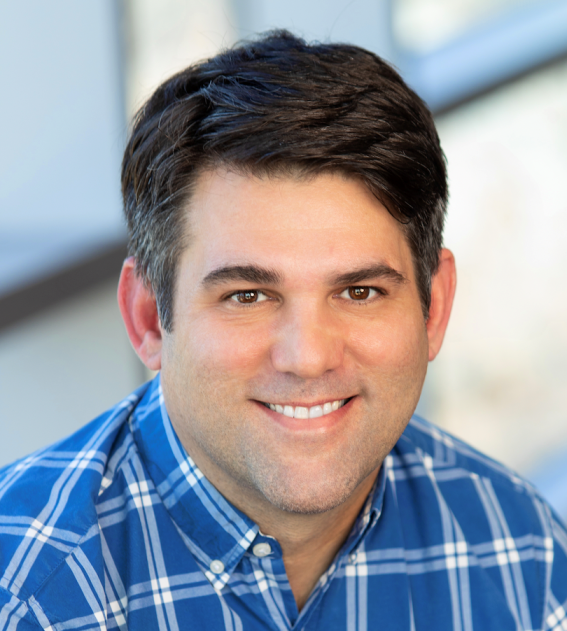MBA Alumnus Greg Andreola ’11 Makes Waves in Healthcare Technology
January 31, 2022

Force Therapeutics, a patient engagement platform and research network, announced that 2011 MBA grad Greg Andreola had joined its leadership team as chief revenue officer in December. Andreola oversees revenue generation and works to maintain the momentum of the company’s performance.
Before joining Force Therapeutics, Andreola served as chief revenue officer at Deep Lens, an AI company focused on enabling faster recruitment of the best-suited cancer patients for clinical trials at the time of diagnosis. Before that, he was executive vice president and head of commercial operations at BC Platforms, which provides genomic data management solutions. He has also worked for leading anatomic pathology laboratory Inform Diagnostics, Philips Healthcare, and Flatiron Health.
We asked Andreola to tell us a little more about how he found his way into healthcare technology.
Can you briefly describe your career steps since graduation?
I started as a sales representative for a diagnostics company and after a few years I was promoted into a sales management role which I really enjoyed. From there, I found myself leaning towards technology companies that were poised to make a positive impact in the healthcare space. I then started working in more strategic roles which ultimately landed me in the CRO, CCO type positions that I’ve been in for the last few years.
My Isenberg MBA was a critical factor in my career development. It helped me develop my strategic thinking and gain a deeper understanding of the key financials that drive business today.
How did you get involved in healthcare technology work?
I always had an interest in technology and as I started working in healthcare, I found that a lot of innovation was flowing into the space. Like any industry, there are inefficiencies in healthcare that could be addressed with the right technology, and I wanted to be part of that.
How would you say your work has changed since you started doing it? Do companies value it differently now, or do they want different outcomes?
It’s changed considerably. We are now digitizing our healthcare data and applying machine learning and artificial intelligence to help drive better outcomes for patients. Most healthcare systems now have teams dedicated to finding innovative technology solutions to help them manage costs, drive efficiencies, and grow.
What brought you to Force Therapeutics and this new role?
There are many factors, but it boiled down to two things: culture and vision. I felt that the team at Force was exceptional and their vision for where this product would go in the market was aligned with my thinking.
What’s the most rewarding or exciting thing you do in your job?
At Force, we enable healthcare systems to offer their patients a more efficient, more comfortable treatment journey. This reduces costs for the health system and makes for a happier patient. Knowing that we are having a positive impact on patient care is something I’m really proud of.
How did your Isenberg education help you get where you are today?
I loved my experience at Isenberg. The challenging courses and the collaboration with classmates and faculty made for a rewarding experience. I entered the Isenberg program because it was highly ranked with flexible scheduling options so I could study and continue with my day job.